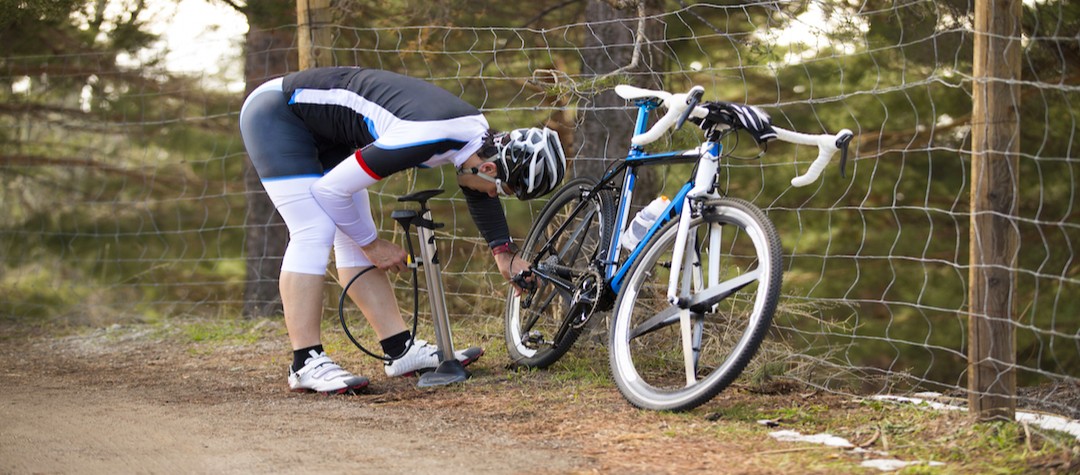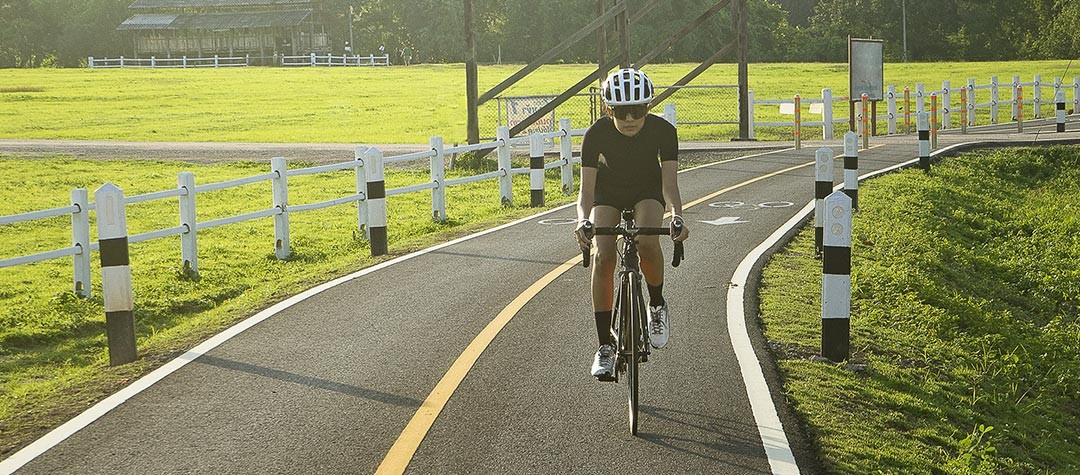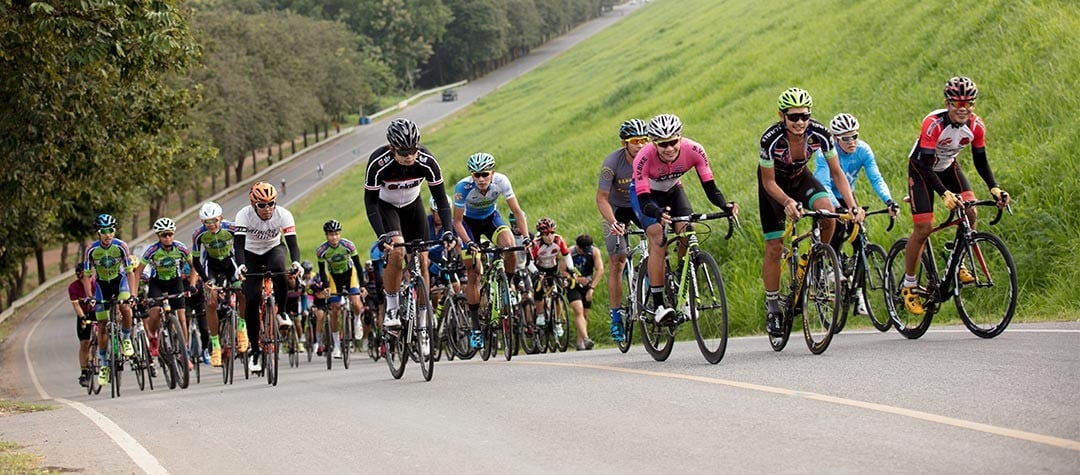Get your preparation right for your cycle, so you have everything needed for before, during and after the race.
Race day is finally here. You’ve trained well and got the condition you’d strived for. With all that effort and commitment don’t let things slip on the day. Here’s how to best prepare on the final run in to lining up on the grid.
The night before
Save yourself 15 to 20 minutes on the morning of your event by being organised the night before, time that can be better spent resting in bed rather than rushing around in a panic.
So, get your kit bag packed with all you’ll need for race day. Make sure your bike is washed and prepped with toolbox and spares all close to hand. Lay out all you’ll need for breakfast the night before as well as making up your race drinks too. Then, once awake you’ll have a relatively hassle free morning leaving yourself to fully focus on the job at hand.
Kit checklist
A good idea is to make a checklist of all the things you need to take and then keep it in your kit bag for every race. Here’s list of some essentials as a guide. Always be prepared for the worst weather and don’t get caught out!
- Licence (if required). In some countries you won’t be able to race without one.
- Helmet. Again, you generally can’t race without one!
- Racing shoes. Obvious one really..
- Jersey
- Shorts
- Socks
- Track mitts
- Cape/gilet
- Arm warmers
- Race glasses
- Towel
- Bag for dirty washing
- Wash kit
- Safety pins (For your race number)
- Overshoes
- Undervest
- Cap
- Suncream
- Bidons & energy product (pre filled to save time)
- Race Food such as gels, bars etc. However, don’t try any new energy products or foods on the day of a race. Stick with what your body knows and is familiar with.
- Post race food/drink. Recovery products, sandwiches etc. Most races will have refreshments on sale post event but don’t risk being without food when you need it the most!
- Track Pump
- Spare Wheels
- Tool Box
- Toilet roll. Don’t be the one caught out. It’s happened to me a few times and I wouldn’t want you to suffer the same fate. So, in your kit bag always carry a spare toilet roll!! In fact, never unpack your loo roll.
In the morning
Ensure you have a solid breakfast that includes complex carbohydrates and not too many sugars. Eat what you are familiar with and what you know has served you well in the past. I would have a bowl of porridge or muesli with dried fruit and honey followed by granary toast with Jam or honey and a coffee or tea plus a fruit juice. As a strict rule make sure you leave around 3 hours from breakfast to the start of the race to allow time for digestion. There’s no harm having a drink and energy bar/cake around 45 minutes to an hour before the start of a longer road race but keep whatever you eat at this point light.
At the race
Always look to arrive around an hour and a half before the race to give you plenty of time to prepare stress free. Depending on how far you have to travel this should also allow a buffer for any potential traffic delays. Upon arrival set your bike up first, just in case there is anything unforeseen that needs to be sorted. Don’t leave your bike prep until the last minute. Pump up tyres, check gears are running smoothly and pop bidons into the bottle cages Then get signed in and pin your numbers on. A ritual that can be carried out sipping on a cup of coffee as you run through race scenarios in your mind…
Warm up
The warm up is absolutely essential, for many reasons. They are especially important in shorter events like time trials or criteriums, but even in a longer road race it’s vital you get the blood flowing and muscles warm. It’s not always necessary to bring a turbo or rollers to the start of a race although some people do. What is crucial is that you actually ride your bike for around 10 minutes continuously about 10-15 minutes before your start time. This will encourage blood flow to your muscles and to get your breathing and heart rate up. The intensity of warm up will depend on the type of event and weather conditions although a general gauge is to ride to the point you are aware of increased heart rate and breathing and the general feeling of warmth.
Keep warm
Depending on the weather, especially in the cold, it’s important to try and maintain body temperature from the end of your warm up to the start of the race. So, keep on an extra gilet, cape and/or leg warmers until it’s time to go. That way you’ll be at your optimum and your warm up won’t be wasted!
Ok, that’s it.. the flag has dropped! Off you go!














